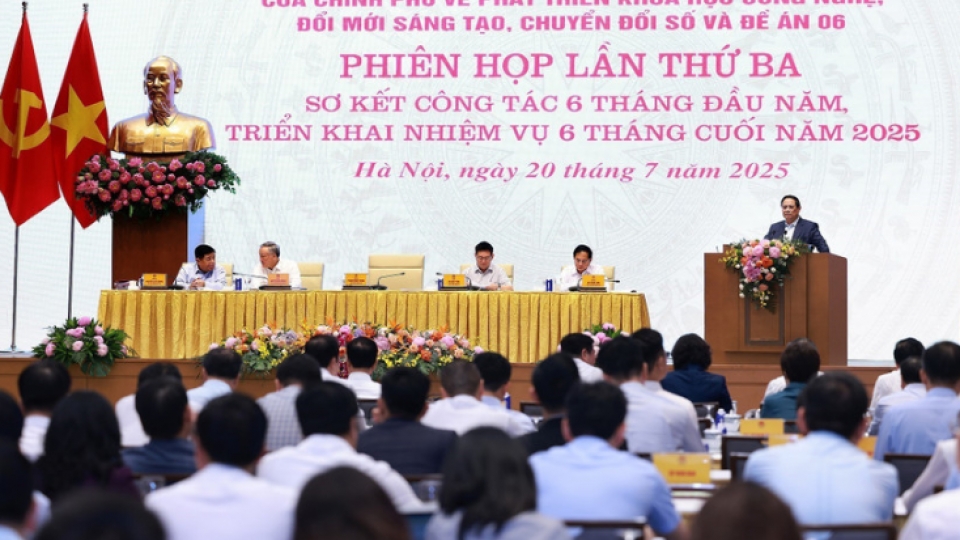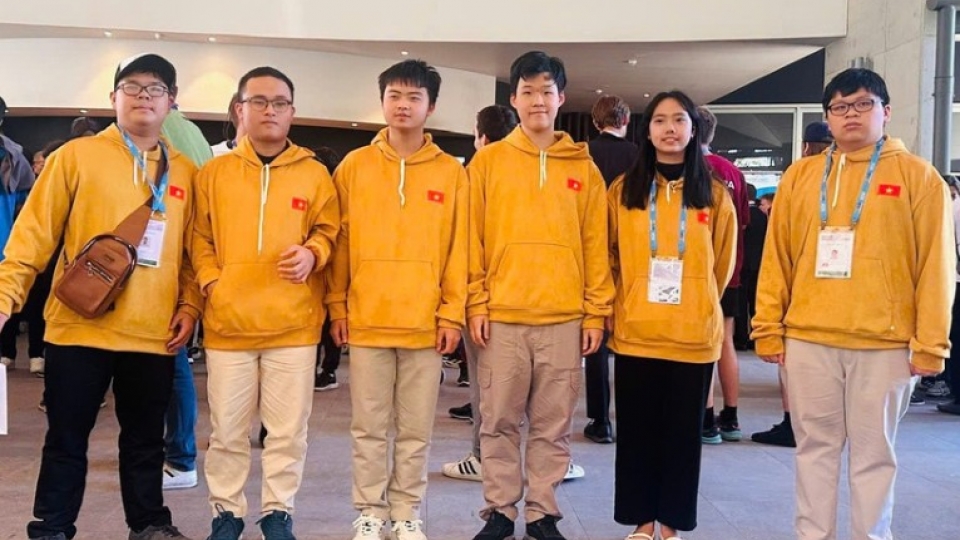Tag: bank
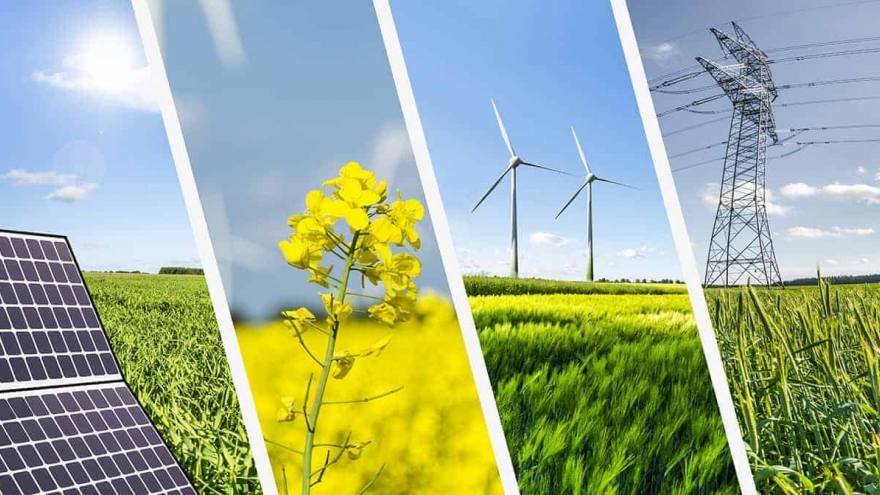
Four Japanese banks to provide US$300 million for Vietnamese renewable energy
VOV.VN - Four Japanese banks are set to co-finance a total of US$300 million to provide credit lines to power producers using renewable energy in Vietnam as part of efforts to help the growing country in its decarbonising process.
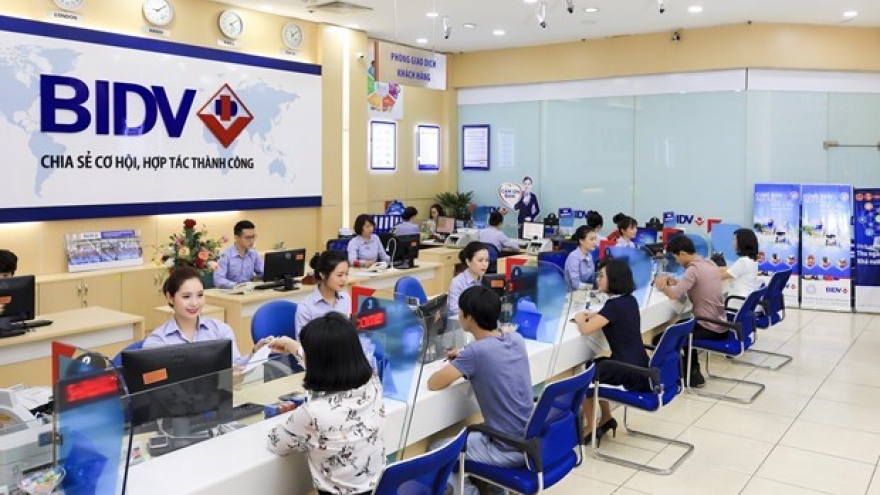
Inadequate regulations hinder green credit growth
Green credit growth in Vietnam has remained limited due to the lack of a clear legal framework, according to industry insiders.
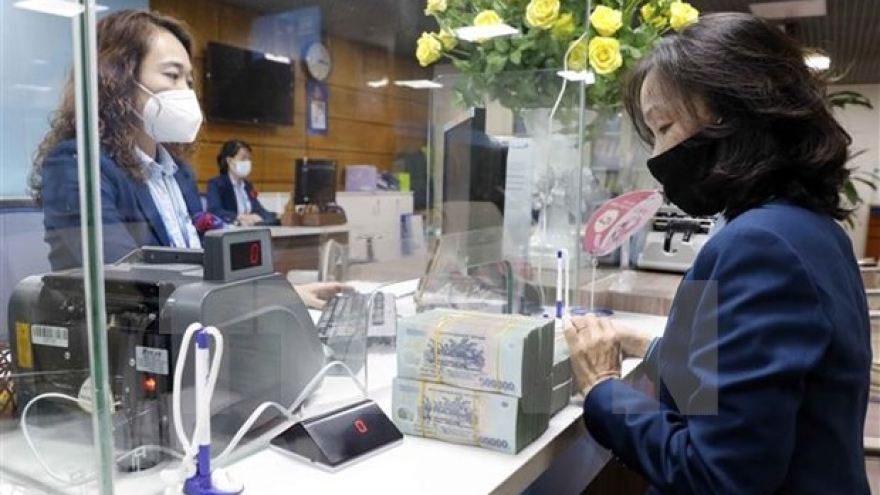
Central bank to cut refinance rate in next quarter: UOB
The Singapore-based United Overseas Bank (UOB) anticipates the State Bank of Vietnam (SBV) will cut its refinance rate in the second quarter this year by 100 basis points to 5.00%.
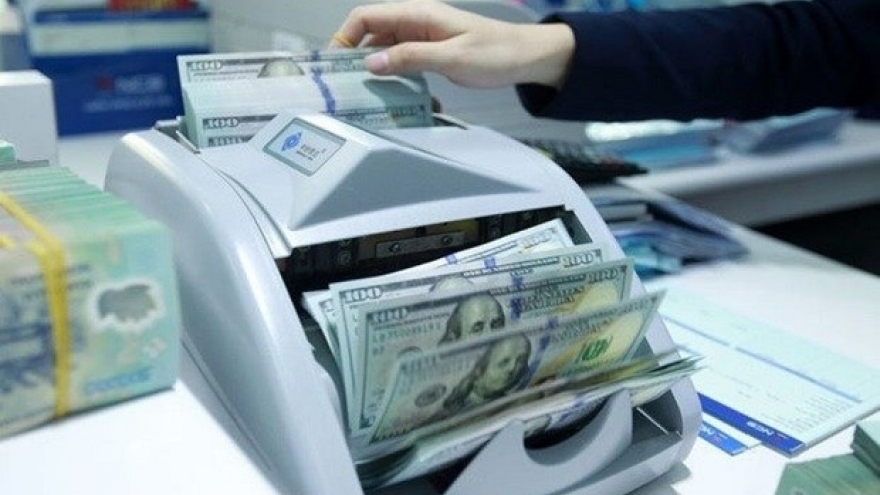
Deputy PM urges hastened procedures for cancelled IDA loans
Deputy Prime Minister Tran Luu Quang has signed a dispatch on the cancellation of World Bank (WB) loans due to the unusability, and the re-allocation and use of the cancelled International Development Association (IDA) loans in the 2022 - 2023 fiscal year.

VPBank sells 15% stake to Japan’s SMBC for US$1.5 bln
Vietnamese lender VPBank on March 27 signed an agreement to sell its 15% stake to Japan’s Sumitomo Mitsui Banking Corporation (SMBC) through a private placement.

Digital banks attract significant numbers of customers
The number of new customers of commercial banks has increased dramatically in recent years thanks to their digital applications.

Credit Suisse escapes ‘Lehman moment’, Vietnam unaffected
Vietnam’s economy is well supported by its policy, but headwinds in the world’s financial market, with risks from the European and American financial systems, have caused concern.
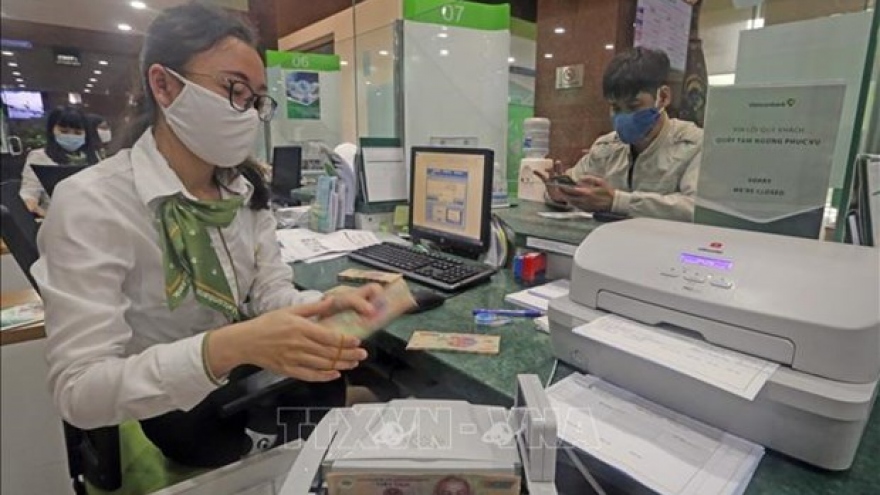
Singaporean site highlights Vietnam’s potential for fintech growth
One of Singapore's top pure-play digital content sites - asianone.com - on March 21 ran an article entitled “Vietnam: Can it become the Fintech Mecca of the east?”, highlighting that Vietnam’s fintech has reached new heights and its growth is fuelled by the newly introduced legal framework.

Silicon Valley Bank collapse not to impact VN: VinaCapital
The Silicon Valley Bank (SVB) collapse by itself will end up being neutral for Vietnam’s stock market and economy, Michael Kokalari, chief economist at investment fund VinaCapital, has said in a report.

MoMo, Western Union partner for money transfer in Vietnam
Vietnamese digital payment firm Momo and American multinational financial services company Western Union on March 20 announced a strategic collaboration enabling customers to receive Western Union money transfers on the MoMo app.




